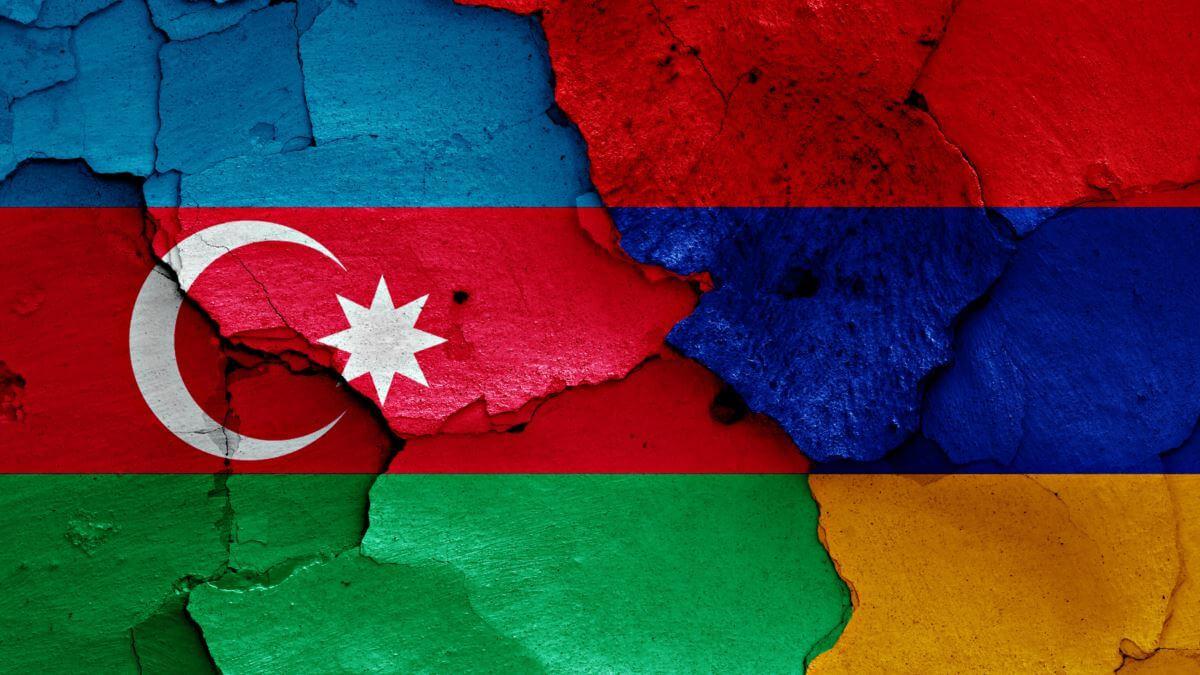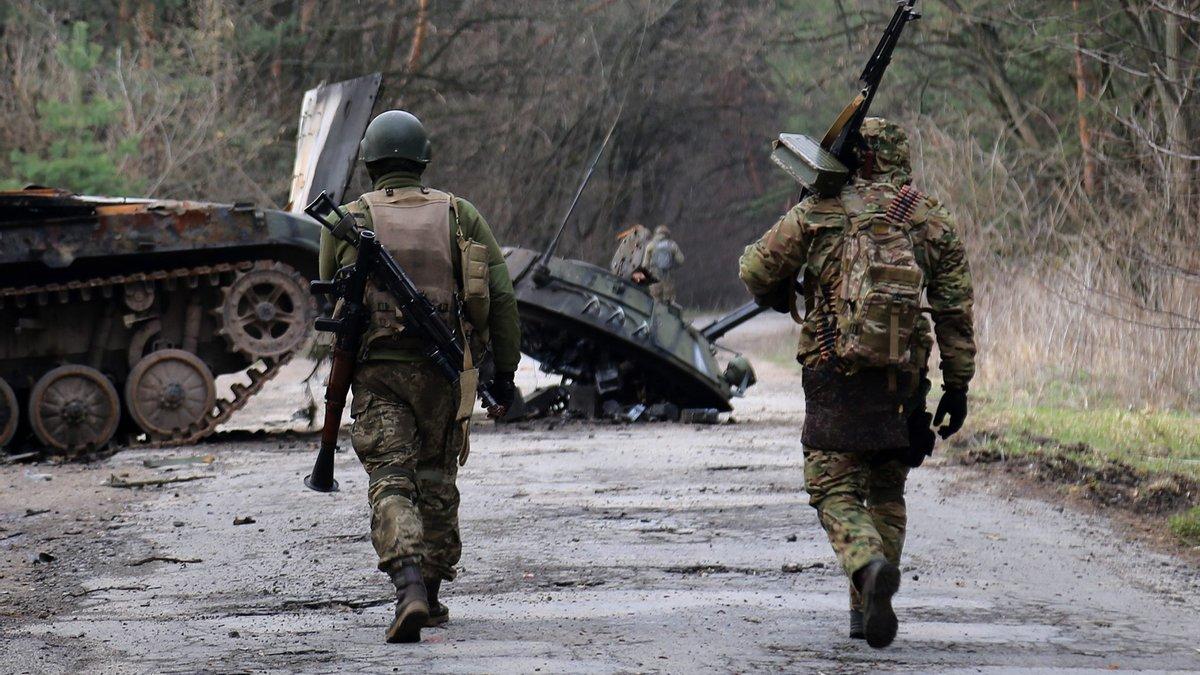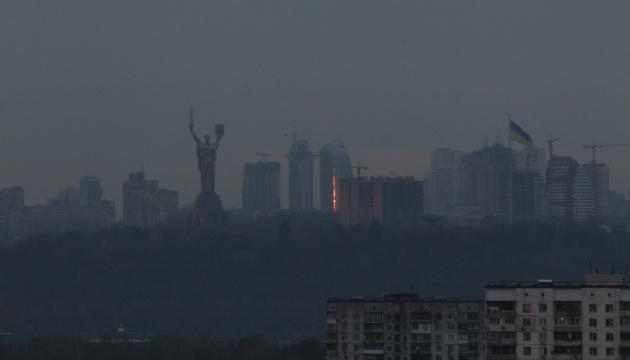Alexander Prokhanov on Karabakh, Armenians, and war in Ukraine Famous writer's interview with Caliber.Az
Caliber.Az presents an interview with the Soviet and Russian writer, journalist, public and political figure Aleksandr Prokhanov.
- Alexander Andreyevich, a while ago you accurately predicted the resolution of the Karabakh conflict by the military way without Russian intervention and this happened. How do you see the normalization of Armenian-Azerbaijani relations in the post-conflict period?
I think the fact that, as a result of the last military struggle, most of Karabakh returned to Baku's control should to some extent satisfy Azerbaijan, which benefited militarily, geopolitically, and politically from that victory. Therefore, it seems to me, that the feeling that this war should be immediately continued to the victorious end has disappeared, especially against the background of the presence of Russian peacekeepers in the Karabakh region. Before, when I made these kinds of statements, there were no Russian troops there. Now there are forces there, which both Baku and Yerevan agree with. So, in my opinion, it is not correct to talk about the continuation of the conflict by military means.
- The outcome of the war in 2020 put an end to the Karabakh problem. But in fact, Armenia is still preventing the unblocking of transport communications in the region and is hampering the process of border demarcation and delimitation in every way possible. What is the reason?
It is difficult for me to judge, because I am, after all, far from events. But I think this is an understandable wish of Armenians. It's the way they are trying not to finally sign up for their defeat. You see, having lost the war, Armenia is experiencing all the negativity of that defeat, so it is slowing down the solution to some of the problems. This is a kind of residual phenomenon. I think that this procrastination will eventually disappear, if not today, then tomorrow, or the day after tomorrow. It is irrelevant, and it is tactical and temporary. The important thing is that it does not turn into a reason for Armenians and Azerbaijanis to resume hostilities. But the latter, I think, will not happen.

- You mean the parties will sign a peace agreement?
No. I don't think so. I think that negotiations for a peace agreement can go on and on forever, like the one between Russia and Japan.
- Your forecast does not inspire optimism. However, isn't it enough that the Armenians have lost support from Russia and now from Europe?
I think that Europe is not concerned about Karabakh and the Armenian-Azerbaijani conflict now. Europe is concentrating all its military, economic and political resources on Ukraine, and this is understandable. Since it is the Ukraine where the fate of Europe and the world is being decided. Partly, these events affect your region as well, since Turkey, Azerbaijan's closest strategic ally, is also involved in this conflict. Therefore, Russia is faced with a delicate task: it is important to maintain friendly relations with Erdogan and Aliyev while counteracting the appearance of Turkish weapons on the Ukrainian front.
- By the way, you personally stated that a Ukrainian-Russian war was inevitable. What was your starting point at the time?
Then I did not start by counting the number of tanks and weapons but proceeded from the fact that in 1991 a grandiose historical violence was committed against Russia, against the Russian factor and the Russian consciousness. Russia was cut off, the Russians were kicked out of the territories they had developed and invested much effort, energy, and money in. Ukraine was one of the main regions where Russia was creating Soviet civilization. Such a violent, abrupt, one-step amputation threatened restoration. I believe that Russia after 1991 was a terrible loser and a miserable stump, under the external control of America.
However, then Russia slowly but surely went on the counterattack. This process continues today in Ukraine and takes such brutal forms.

- Could the war have been avoided?
I think history is much more important than all sorts of technologies, political and even military. What I said is a historical inevitability. Russian revenge in view of historical inevitability. I don't believe that the Zelensky government would go for a revival before the signing of the Belovezhsky Agreements. The idea of forming a new Ukrainian state based on radical nationalism and radical Russophobia is the logic of creating a new type of state. The Ukrainian elite has spent a lot of effort and money to create such a state. Negotiations would have been inappropriate here. Although they tried to conduct negotiations, they failed.
- The Second Karabakh War will remain in the history of Azerbaijan as a just and liberating war because we returned our territories. And what will the war with Ukraine remain in Russian history? How do you call it?
All wars were just. Such were they between Sparta and Athens, Rome and Carthage, Prussia and France. And from the point of view of the losing countries, these wars were unjust. But they were all inevitable and had a profound historical character. So it makes no sense to call this war just or unjust.
- What did you mean when you said that "Donbas must not be betrayed"?
What I meant, then, was that the Donbas was willing to continue defending its "sovereignty," which it had achieved through rebellion, and was subjected to monstrous pressure from Ukraine. At that time, there were also forces on the part of the Russian deep elites who said that "we did not need Donbas", that it should be returned to Ukraine under these and other pretexts. Well, it looked like betrayal and turning Donbas into a bloody meat grinder, a place where Ukrainians would conduct their ethnic cleansing. That's exactly what I meant. So one of the motivations for today's campaign in Ukraine was to protect the Donbas from devastation, defeat, and genocide. And here I agree with Putin.
- In addition to the many casualties and destruction, the war leads to a massive humanitarian catastrophe...
Did not the war lead to a humanitarian disaster in Karabakh? Yes, it did. Every war leads to a humanitarian catastrophe. There is no war that led to the prosperity of the warring parties.
- Right, but in the 90s, the war in Karabakh turned into a massive humanitarian disaster mainly for Azerbaijan...
- Any humanitarian catastrophe is terrible. Remember the humanitarian catastrophe in Yugoslavia, in South Ossetia. What are you talking about? Wars are not pies, they are not marmalade candies. Internal contradictions have been piling up everywhere for a very long time.
- How can the war in Ukraine end and in what time frame?
I think that this war should end with the removal of the current government of Ukraine. How Ukraine will be formed after that is not for me to judge. There are many options. I believe the war will go on for quite a long time, for a very long time we will still be shooting.

- Shooting in Ukraine to oppose the West? Isn't that how Russian political strategists see the war in Ukraine?
I think this is a confrontation between Russia and the West in the face of Ukraine because Ukraine created its anti-Russian statehood with the help of the West. It was the West that formed such anti-Russia, it invested a huge amount of military, financial, and commercial funds into Ukraine. Ukraine sought NATO and wanted to become part of a military alliance, and the West wanted to see Ukraine in NATO. Therefore, the war with Ukraine is at the same time a confrontation with NATO.
- President Putin admitted that he would like to end the war in Ukraine.
I believe that Putin would really like to end this war. But what matters is where he would like to end it. Would he like to end it in Patriot Park near Moscow or somewhere else. He didn't tell us where.
- Where do you think?
I think you and I will meet in Baku and drink some good wine.
- With pleasure! I'll ask you one last thing. What are you working on now?
As always - publishing books. You know, I have been to 16 wars, including the Karabakh war. Now I am writing poems to our soldiers, to the Russian contingent fighting in Ukraine.








